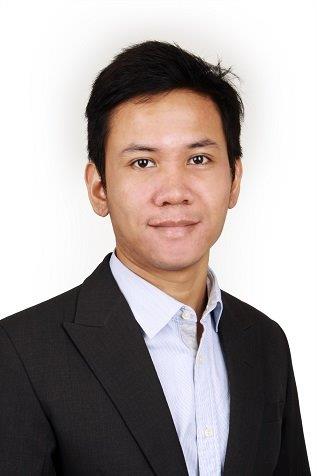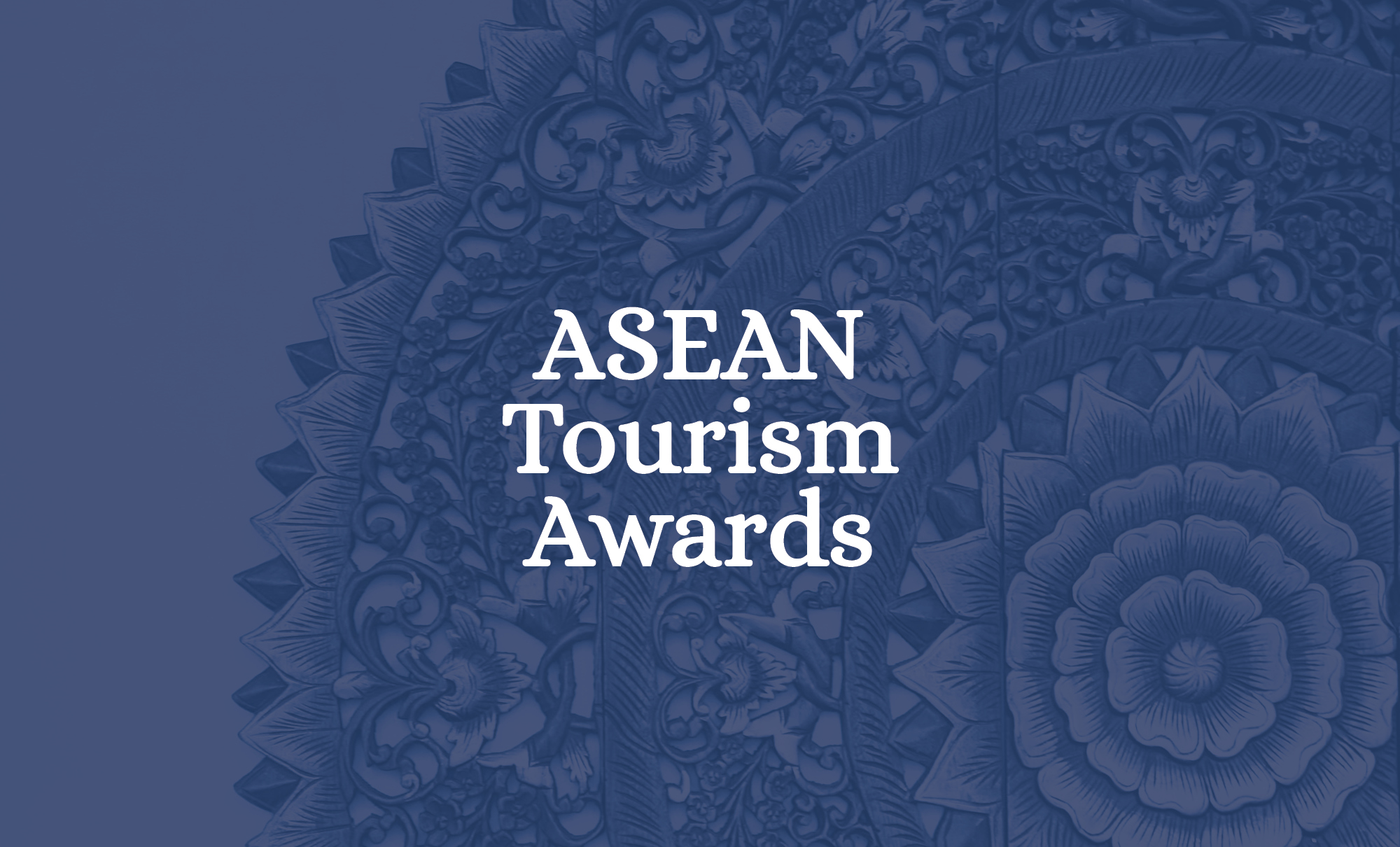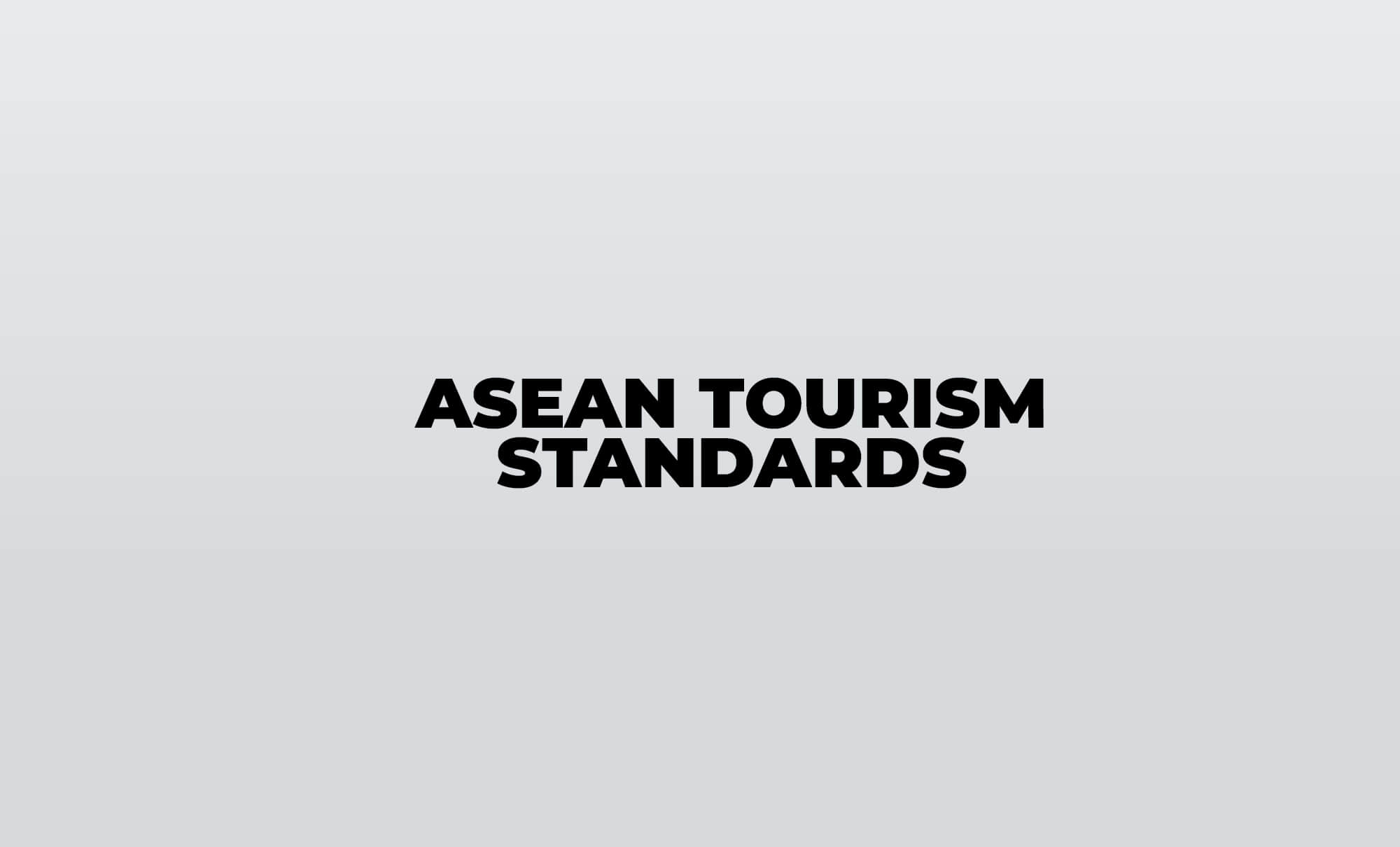





Since its founding, ASEAN’s most tangible achievement has been the preservation of peace and stability that is bolstered by a strong sense of goodwill and enduring cooperation among the region’s defence establishments.
Established against the backdrop of the Cold War, ASEAN has navigated the ebbs and flows of regional and global politics by expanding and deepening cooperation among its Member States. Over the past five decades, ASEAN militaries have been called upon to undertake more demanding and complex missions, including venturing into the domain of non-traditional security issues.
One of these is the ASEAN militaries’ role and in managing the COVID-19 pandemic response. The contributions in national and regional efforts demonstrate the agility and adaptivity of defence establishments to new and emerging challenges.
The COVID-19 pandemic response would require a whole-of-government and whole-of-community approach to harness all available resources to combat the most potent threat to humanity in our lifetime. However, in the early days of the pandemic, this necessity was not entirely evident. The defence establishment grasped the seriousness of the COVID-19 virus and was among the first sectoral body to respond to the crisis. It issued the Joint Statement by the ASEAN Defence Ministers on Defence Cooperation Against Disease Outbreaks on 19 February 2020 to underscore the commitment to mobilise the defence sector’s resources in coping with the pandemic.
Following the Ministers’ Statement, the ASEAN Center of Military Medicine (ACMM) conducted a Table Top Exercise in May 2020 and followed this up with a virtual workshop to develop the ACMM Guidelines on COVID-19 Quarantine Camp in August 2020. The Network of ASEAN Chemical, Biological, and Radiological Defence Experts convened a workshop in June 2020 that focused on laboratory diagnostic methodologies and research on COVID-19 and the Severe Acute Respiratory Syndrome (SARS)-CoV-2 virus. In the larger ASEAN context, the defence sector also resolves to implement the ASEAN Comprehensive Recovery Framework, particularly in the areas of public health and disaster management.
In the domestic setting, ASEAN Member States militaries are an integral part of the whole-of-government approach. Given the streamlined organisational structure and available resources, defence establishments have been deployed to either lead or support Member States’ work in fighting COVID-19. They provide a wide range of assistance: enhancing tracing, testing, treatment, and quarantine capacities; providing logistical services, improving the security of entry/exit points, and helping to enforce movement control and lockdown orders. The militaries were also involved in facilitating the delivery of aid under bilateral arrangements.
In addition to their involvement in national efforts, some Member States also assisted their regional counterparts during these trying times. The Armed Forces of the Philippines helped Viet Nam in transporting its stranded citizens from several parts of the Philippines to Hanoi. The Royal Thai Army collaborated with the ACMM to modify mobile negative air pressure cabinets for delivery to interested Member States.
Despite the disruption brought about by the pandemic, 2020 was a successful year for the defence sector, with the excellent chairmanship of Viet Nam and the continued support from the ASEAN Defence Ministers’ Meeting (ADMM) and the ASEAN Defence Ministers’ Meeting Plus (ADMM-Plus) partners. Apart from the regular working groups, senior officials and ministerial level meetings, a special session of the senior officials meeting to discuss defence cooperation in the time of COVID-19 was also convened on 15 May 2020. The 14th ADMM and the 7th ADMM-Plus were held on 9 and 10 December 2020, respectively. The year 2020 was also a significant milestone as both the ADMM and the ADMM-Plus charted the direction of its cooperation in the next three years through the adoption of the ADMM Three-Year Work Programme 2020-2022 and the Work Plans for the seven ADMMPlus Experts’ Working Groups for the 2021-2023 cycle.
In addition, the 14th ADMM initiated a number of key deliverables tailored to the COVID-19 pandemic response. In the area of humanitarian assistance and disaster relief, the Ministers adopted the Standard Operating Procedure (SOP) of the ASEAN Militaries Ready Group (AMRG) on Humanitarian Assistance and Disaster Relief. This group—which is coordinated by the ASEAN Coordinating Centre for Humanitarian Assistance on disaster management (AHA Centre)—prepares a military team for quick deployment to crisis areas in a coordinated manner under the ASEAN banner. It can offer support in such areas as search and rescue, emergency medical aid, distribution of goods, along with transportation and evacuations. The AMRG on Humanitarian Assistance and Disaster Relief operates through all phases of the crisis namely, disaster preparedness, pre-deployment, deployment, response, and the transition phase. This SOP, which was f inalised after three years of negotiations, will govern the AMRG’s scope of assistance, structure and arrangement, the concept of operations, command, control and coordination, logistics and communications, among others.
Beyond COVID-19 responses, the defence establishment also deepened cooperation in several core areas of cooperation. One such area is counter-terrorism, in which the 14th ADMM adopted the SOP of the ASEAN Our Eyes (AOE). The AOE is an initiative to enhance strategic information-sharing on radicalisation, violent extremism, and terrorism among defence establishments in the region. This initiative expands the “Our Eyes” cooperation introduced in late 2017 that initially involved six Member States, namely Brunei Darussalam, Indonesia, Malaysia, the Philippines, Thailand, and Singapore. Considering the widespread impact of radicalisation, violent extremism, and terrorism and the interest shown by the remaining four Member States, the “Our Eyes” programme was expanded and brought under the ASEAN framework in 2018.
With respect to peacekeeping, the 14th ADMM adopted the concept paper on the ASEAN Flag to be Displayed Next to the National Flag at the Compound of ASEAN Member State’s Military Units Participating in United Nations Peacekeeping Operations. This initiative aims to embed ASEAN’s role and image in the international community, particularly in peacekeeping missions usually deployed outside the ASEAN region. The proposal is also in line with the Leaders’ call to promote and foster ASEAN awareness and identity, among others, through the enhanced display of the ASEAN Flag and the use of the ASEAN Anthem.
To nurture defence interactions, the 14th ADMM adopted two new concept papers. The first concept paper is on developing the linkage between the ADMM and the ASEAN Chiefs of Defence Forces Meeting (ACDFM). Streamlining this important relationship will enable the ADMM to provide policy guidance to the ACDFM on pertinent matters. Conversely, it would also allow the ACDFM to take stock of and consolidate all ASEAN military meetings for onward reporting to the ADMM.
The second concept paper is on enhancing the defence attaché posts among the Member States. This initiative encourages the active participation of the defence attachés in the ADMM and the ADMM-Plus activities and supports the accreditation process of resident defence attachés in accordance with bilateral agreements between the concerned Member States.
To showcase the excellent work of the ADMM and the ADMM-Plus and to promote understanding on ASEAN defence sector, Viet Nam organised an interface between the ADMM and the Guests of the Chair, namely, Canada, the European Union, France, Germany, the United Kingdom, and the United Nations, on 9 December 2020. Despite the currently limited engagement with the ASEAN defence sector, the Guests highlighted several commonalities: shared values on multilateralism, security concerns, and regional stability interests. This meeting was held as a one-off activity at the discretion of the Chair.
The year 2020 was a special year for defence cooperation in ASEAN, especially with its Dialogue Partners, as it marked the 10th anniversary of the founding of the ADMM–Plus. There was a resounding sentiment that acknowledged the progress of the ADMM-Plus since its inception in Hanoi in 2010. A commemorative event was organised on 10 December 2020 to mark this milestone, along with the celebratory note that the areas of cooperation in the ADMM-Plus had expanded from five to seven in the past decade and that the frequency of the ADMM-Plus meetings increased from every three years to annual engagements since 2017. The Prime Minister of Viet Nam, the Secretary-General of ASEAN, the UN Under Secretary-General for Field Support, and the Defence Ministers of India and Japan were among those who addressed the anniversary event. In his remarks, the Secretary-General of ASEAN acknowledged that “the ADMM-Plus brings a large pool of resources necessary to address regional security issues of common concern. However, the ADMMPlus’ inherent diversity also means that participating countries bring along their various and sometimes divergent interests and perspectives to the table. This challenge only serves to underscore the importance of the ADMM-Plus as a platform to bridge differences, and highlights its role in finding common ground to promote and undertake regional cooperation.”
The event was followed by the 7th ADMM-Plus, which saw the adoption of the Joint Declaration by the ADMM-Plus Defence Ministers on Strategic Security Vision of the ADMM-Plus, which was only the third instance the ADMM-Plus issued a joint declaration following similar outcomes in 2010 and 2013. Due to the divergent views among the ADMM-Plus participants over “sensitive” issues, the decision was made to issue only joint declarations on important occasions. In lieu of the joint declarations, the ADMMPlus has issued joint statements on specific topics, when necessary.
The series of meetings in December 2020 also witnessed the handover of chairmanship from Viet Nam to Brunei Darussalam. The incoming chair of the ADMM and ADMM-Plus in 2021 will continue to drive the defence sector’s work under the theme “We Care, We Prepare, We Prosper.” Brunei Darussalam’s key priorities for 2021 are to harness the caring nature of ASEAN, to prepare and adapt for the future, and to create opportunities for the benefit of all.








